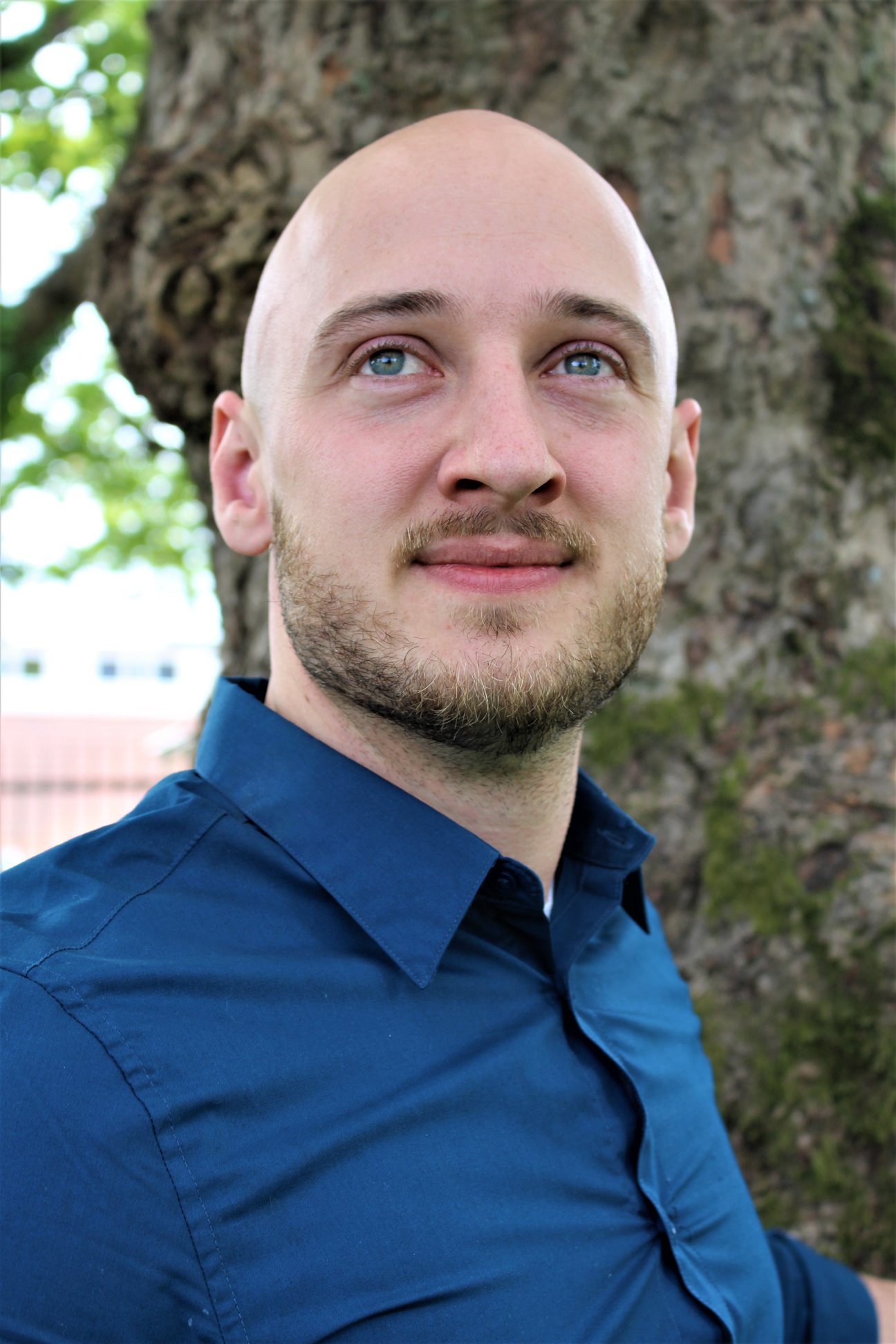When major crises occur, it is natural to want to help. In recent years, many Norwegians have driven to Ukraine with trucks full of emergency aid or gone to Lesbos to help refugees.
“During crises, larger, bureaucratic NGOs tend to remain on the sidelines, analysing the problems and coming up with structural solutions. Smaller actors, however, believe that this is not what people in crisis need. They want to meet them as individuals and establish personal connections.”

That is what Lee Michael Shults at the University of Agder says. He has studied ordinary people’s relief efforts - or as researchers call it, citizen initiatives for global solidarity.
According to the researcher, it is not a given that personal involvement and citizen initiatives result in effective aid.
“It sounds great when amateur volunteers take the initiative to engage in global solidarity work. However, we need ethical reflections on the work they do. It involves everything from lack of expertise to becoming too personally involved,” says Shults.
A difficult balance
When ordinary people use their own time, money, and personal networks to help others, they naturally develop a personal relationship with the work.
“It can make them feel that this is no longer something happening in another part of the world but something directly affecting them. The work becomes an important part of who they are. At the same time it is difficult for them to see how much power they have to define how aid should be given,” says Shults.
There is always a risk that assistance is provided on the volunteers’ terms, with less emphasis on the knowledge and needs of the local population.
According to Shults, finding a balance can be challenging.
“We want to inspire people to care, but at the same time, we need to make them understand that they should have a supportive role, not the leading role, in aid work. It can be difficult to accept this when they invest so much of themselves in the work and promote fundraising campaigns on social media.”
On the Greek island of Lesbos, around half a million refugees arrived in 2015. The researcher says that volunteers played a significant role in providing aid before the UN High Commissioner for Refugees became involved. However, their presence also made the situation more complex when locals were ready to return to normalcy.
“Lesbos primarily needed tourists to revive its economy. However, as long as the volunteer aid workers attracted global attention to the refugee crisis, tourists stayed away.”
Need for training and reflection
Despite the problems that may arise, the researcher believes that the solution is not to outsource all aid work to large NGOs.
Instead, he envisions offering courses for those who want to start their own relief efforts.
“It’s not hard to understand in theory, but it can be tricky in practice to find the right balance between wanting to help and not taking up too much space when giving that help,” he says.
He illustrates it with a slightly exaggerated example:
“If you mow your neighbour’s lawn, it matters a lot whether they asked for your help first or not. Especially if you start to feel like you own their lawn and bring your grill over to set up camp the next day.”
Background in philosophy
Shults has a background in philosophy, which is somewhat unusual in aid research. Philosophers are concerned with creating clear definitions, especially for concepts that people often take for granted, such as ‘global solidarity’, ‘motivation’, or ‘global’. These concepts hold a power of definition that may not always be overt.
“I am very fond of philosophy, but I needed the challenge of breaking away from the theories,” he says.
In his doctoral work, he particularly focused on analysing data collected by social science researchers in places like Lesbos and Uganda.
“As a university, we need to take a good look at ourselves in the mirror. We’re an elite, and even though we encourage critical thinking, we often perpetuate power dynamics. Certain people have more opportunities than others, and we can’t change that just by philosophising. We need to push ourselves out of our comfort zone,” he says.
Source:
Citizen Initiatives for Global Solidarity and the Ethics of Participatory Ownership
